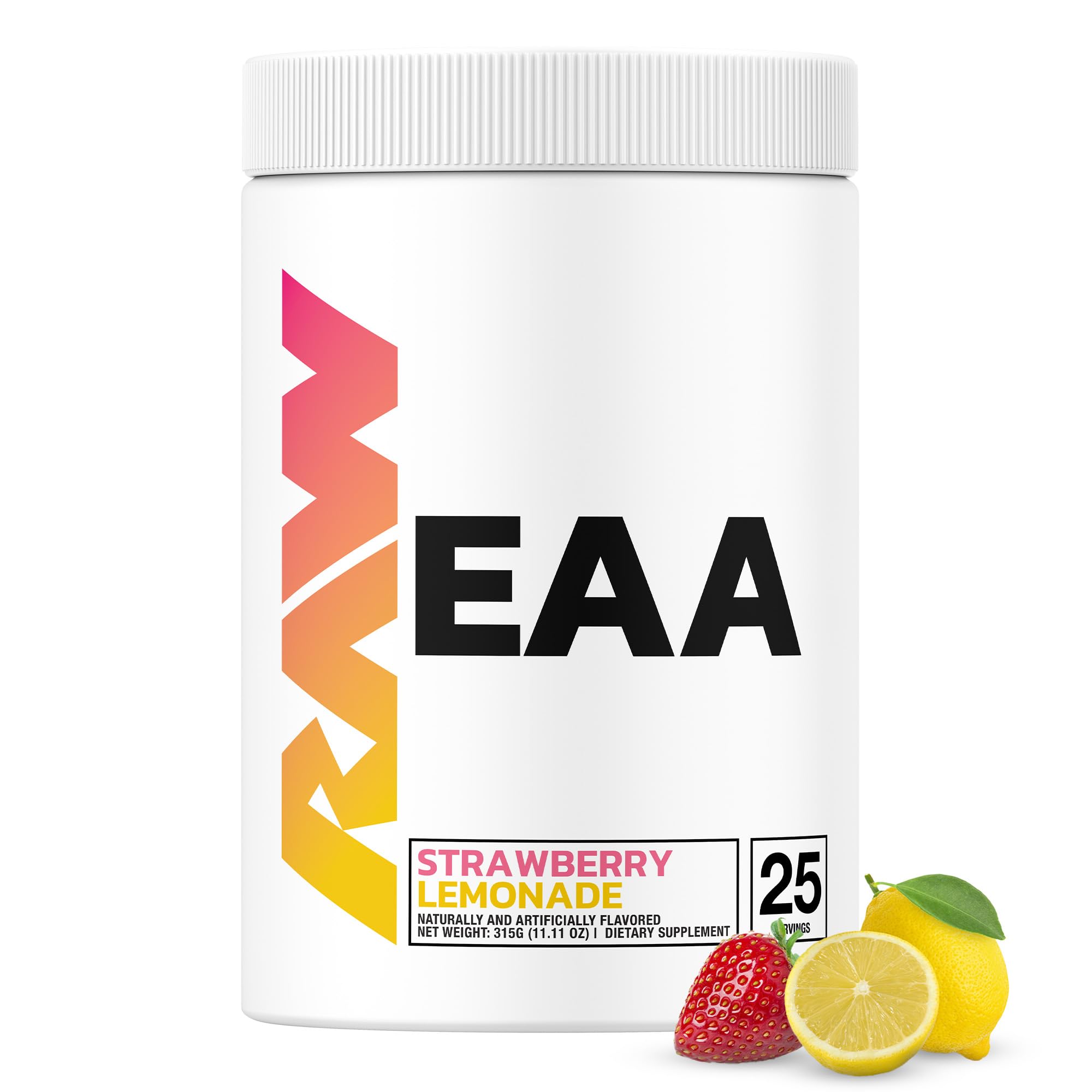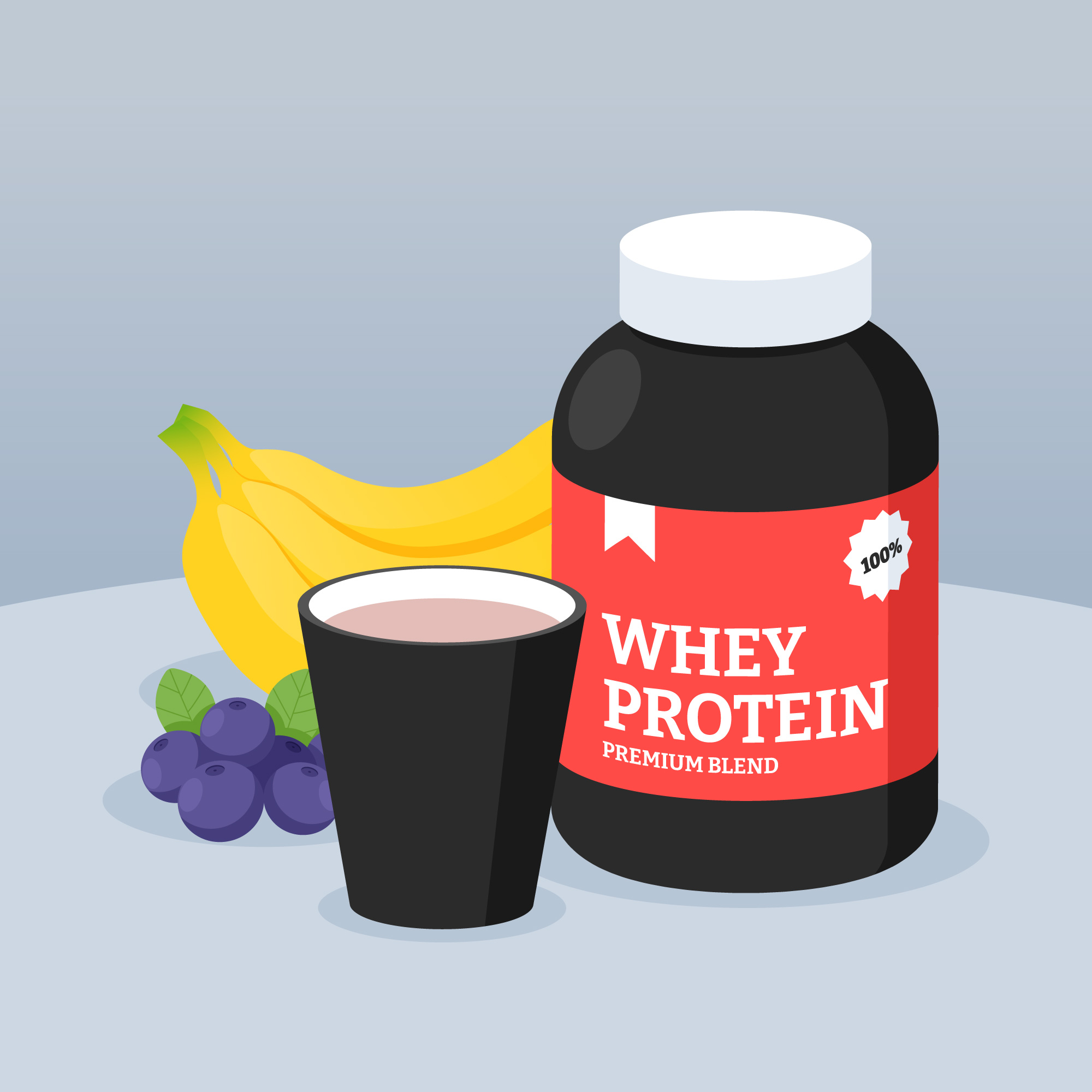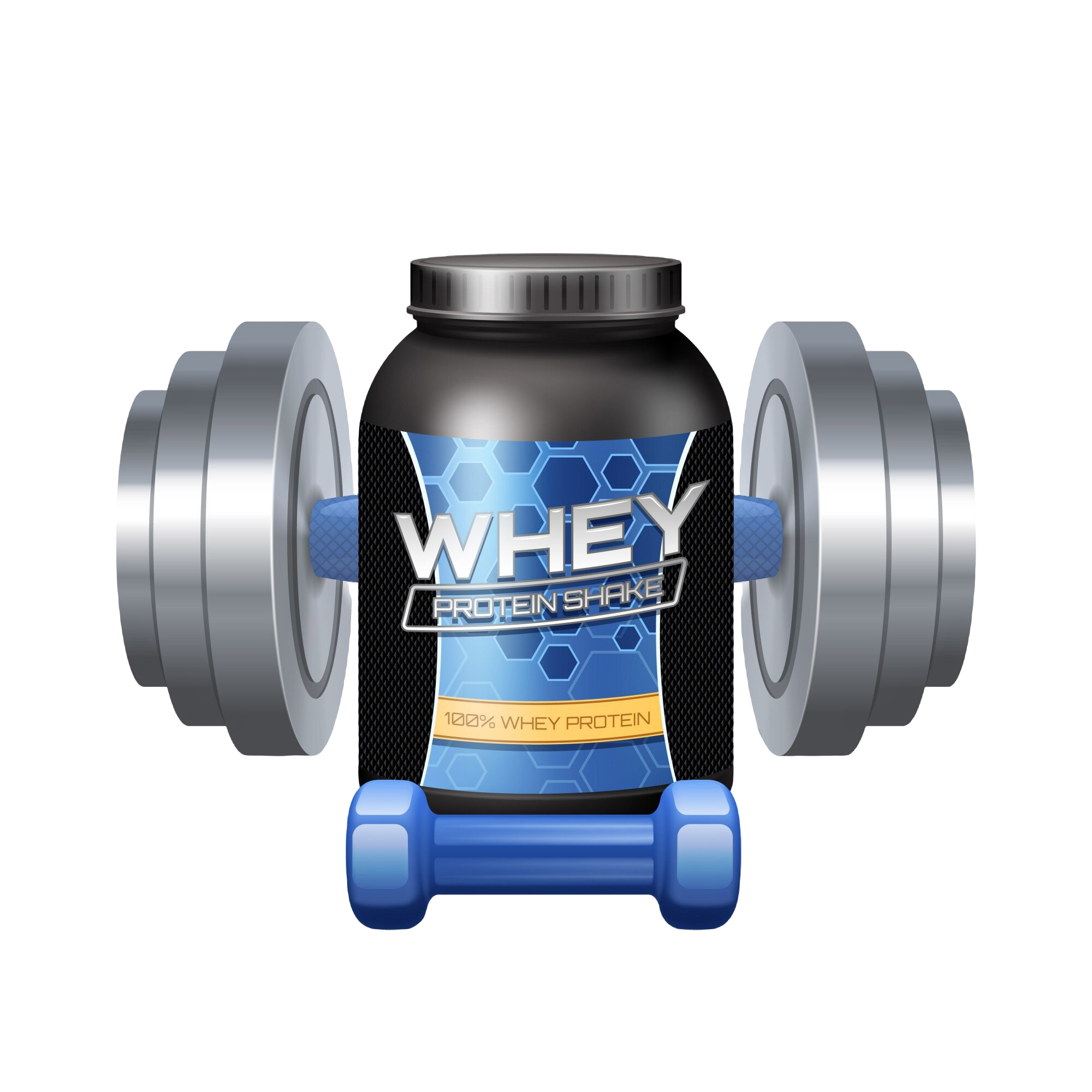
A Beginner’s Guide to Essential Amino Acids: Benefits, Sources, and More
Introduction: The Importance of Amino Acids in Daily Life
For anyone beginning their journey toward better health and nutrition, essential amino acids may sound complicated, but they’re foundational to our health and well-being. These powerful molecules fuel our bodies, repairing and building tissues, supporting brain function, and helping us stay active and resilient. Understanding what are essential amino acids and their role in health isn’t just for athletes or fitness enthusiasts—it’s vital knowledge for anyone who wants to live a balanced, energized life.
What are Essential Amino Acids?
Amino acids are the building blocks of proteins, which in turn, are critical to nearly every process within the body. Out of the 20 amino acids that our bodies use, nine are classified as “essential amino acids.” This is because, unlike non-essential amino acids, our bodies can’t produce these essential ones on their own, meaning we must obtain them from food.
Why Some Amino Acids are "Essential"
The term "essential" in essential amino acids indicates a necessity. Our bodies lack the enzymes to synthesize these amino acids, making it crucial to get them from diet or supplements. These nine amino acids—histidine, isoleucine, leucine, lysine, methionine, phenylalanine, threonine, tryptophan, and valine—are foundational to processes that support life, from muscle development to mental clarity.
Essential Amino Acids vs. Non-Essential Amino Acids
What Sets Essential and Non-Essential Amino Acids Apart?
Non-essential amino acids are those that our bodies can produce even if they’re not present in our diet. However, essential amino acids need to come from outside sources. This distinction becomes especially important in balanced diet planning because if even one essential amino acid is missing, the body’s ability to build and repair proteins is affected.
The 9 Essential Amino Acids
Each of the nine essential amino acids offers distinct benefits, supporting different aspects of health:
- Histidine: Vital for immunity and tissue repair.
- Isoleucine: Aids in muscle metabolism and energy production.
- Leucine: Key for muscle protein synthesis and recovery.
- Lysine: Essential for collagen production and bone health.
- Methionine: Supports liver health and helps detoxify the body.
- Phenylalanine: Precursor for neurotransmitters, boosting mood and cognition.
- Threonine: Helps maintain protein balance in the body.
- Tryptophan: Known for promoting restful sleep and mood stability.
- Valine: Aids in muscle repair and growth.
The Role of Essential Amino Acids in Body Functions
Essential amino acids don’t just help build muscles; they’re involved in almost every process, from creating enzymes and hormones to repairing tissues and strengthening immunity. Here’s how they support key functions:
- Muscle Growth and Repair: Essential amino acids, especially leucine, are integral to muscle tissue maintenance and repair, making them critical for athletes and active individuals.
- Immune Health: Lysine and histidine play an important role in immune system function, helping the body fend off infections.
- Energy Production: Amino acids like isoleucine aid in generating energy, keeping us active throughout the day.
Benefits of Essential Amino Acids
From promoting mental clarity to fostering physical endurance, essential amino acids provide numerous benefits. They support a well-rounded, high-functioning body that resists fatigue, maintains good mental health, and builds resilience against stress and illness.
Sources of Essential Amino Acids
The best sources of essential amino acids are high-protein foods like meat, eggs, dairy, and certain plant-based proteins. Here are some top food sources:
- Animal Proteins: Chicken, beef, fish, eggs, and dairy.
- Plant-Based Proteins: Quinoa, soy, buckwheat, and chia seeds.
- Legumes and Nuts: Lentils, beans, almonds, and pumpkin seeds.
Essential Amino Acids in a Vegan Diet
Vegans can still obtain all essential amino acids by combining different plant-based foods. Pairing foods like beans and rice or quinoa and lentils creates a complete amino acid profile, ensuring they meet all their amino acid needs without animal products.
Amino Acid Supplementation
Sometimes, diet alone isn’t enough to meet specific amino acid needs, especially for those with increased demands due to high levels of physical activity, age, or stress. Essential amino acid supplements can help fill these gaps, ensuring that your body has enough resources to maintain muscle, repair tissue, and stay energized.
High Protein Foods and Their Role
High-protein foods are the primary way to get essential amino acids. Incorporating a variety of protein-rich foods ensures a complete amino acid profile, which is essential for optimal health.
FAQ
What are essential amino acids, and why are they important?
Essential amino acids are the nine amino acids that our bodies cannot produce. They are vital for muscle growth, tissue repair, and overall health.
How many essential amino acids are there?
There are nine essential amino acids: histidine, isoleucine, leucine, lysine, methionine, phenylalanine, threonine, tryptophan, and valine.
What foods are high in essential amino acids?
High-protein foods like meat, eggs, dairy, quinoa, and soy are excellent sources of essential amino acids.
Do I need to take amino acid supplements?
For those with increased demands or dietary restrictions, amino acid supplements can be beneficial in meeting essential amino acid needs.
What happens if you don’t get enough essential amino acids?
Lack of essential amino acids can lead to muscle loss, fatigue, immune weakness, and other health issues.
What is the difference between essential and non-essential amino acids?
Essential amino acids must come from diet or supplements, while non-essential amino acids can be synthesized by the body.
Conclusion
Understanding essential amino acids and how to incorporate them into your diet is foundational to overall health. By choosing high-protein foods and, if necessary, considering supplements, you can support your body’s energy, strength, and resilience. Whether you’re an athlete or simply interested in nutrition, essential amino acids can transform your wellness journey, fueling a balanced, healthy lifestyle.



Post Comment